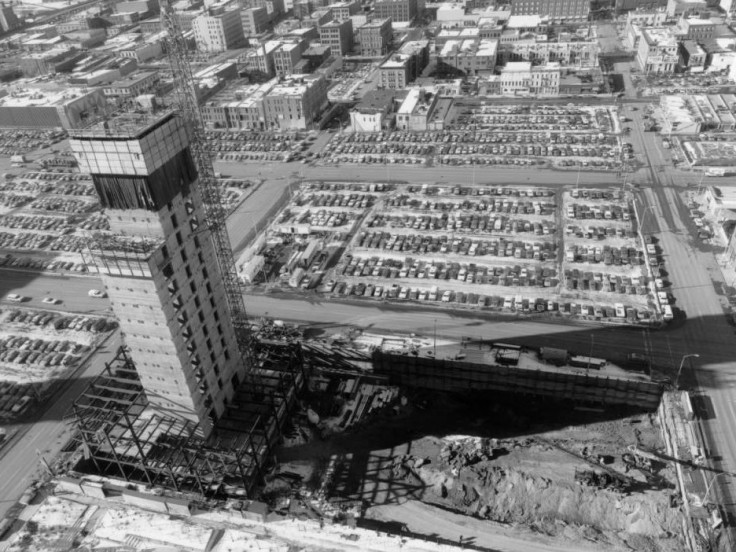“Science Deniers” on City Council Drag Denver Backward By Requiring More Parking

The Denver City Council voted 9 to 2 Monday to mandate more parking on small lots, fueling higher housing costs and more traffic. The decision ended a nine-month saga in which the council caved completely to residents who insist that city policy should prioritize their ability to park for free on the street in front of their homes, not broader public goals like affordability and walkability.
In policy circles, there is no serious dispute that parking mandates exert upward pressure on housing costs and undercut walkability. Those are the conclusions reached by the Obama administration, the Sightline Institute, and the Victoria Transport Policy Institute, among others.
Just try telling the City Council members who last night tried to knock down the arguments against parking minimums, citing only their own strawmen.
“This isn’t an issue about affordability, folks,” said City Councilman Paul Lopez, who voted for the bill. “Seattle, Portland… they still have an affordable housing crisis… This exemption has been around for 6.5 years. You think that’s made a dent in our affordable housing crisis? It hasn’t.”
But no one has ever claimed that the absence of parking minimums on a fraction of Denver’s lots is a cure-all for affordability. The argument against imposing new parking minimums is that they will make the current housing problem worse by forcing construction costs upward — that’s what happens when you start mandating parking stalls that each cost $26,000 to build.
City Councilman Rafael Espinoza, meanwhile, asserted that “the rental market isn’t being driven by parking.” He’s right — but again, no one is claiming otherwise. What is driving the market is the scarcity of homes relative to the number of people who want to live here. And requiring parking spaces on constrained lots of 6,250 square feet or less makes it physically and financially more difficult to meet that demand.
Akin to “Science Deniers”
Jo Barrios, a Curtis Park resident who opposes parking requirements, said when she emailed City Council members, they told her the link between parking requirements and affordability is a “false narrative.”
Not for her.
“Our costs, as families, as workers, go up,” said Barrios, who has a baby at home. “You cannot make this decision in a vacuum. So while some folks here are defending their right to park their car, I’m here defending my right for my family to be able to afford where we live. Those two shouldn’t be the same.”
When council members voted for more parking, they also chose to ignore advice from the citizen-led Planning Board and Community Planning and Development, the city’s planning department. CPD recommended against the zoning change Monday because parking requirements conflict with established city policies, including the council-approved Blueprint Denver transportation and land use plan, that prioritize places for people, not cars.
Senior City Planner Jeff Hirt told the Council that the bill represents a “tipping point.” Unintended consequences include “essentially mandating” inordinately expensive structured parking for taller buildings, he said, which could change the character of streets and neighborhoods.
Only two council members voted against the bill — Mary Beth Susman and Albus Brooks.
Arguing that parking mandates have no effect on affordability makes council members sound like “science deniers,” said Susman. “I think making decisions like this puts us on the wrong side of history. This bill moves us one step — a little step — backward… We have to keep pure to our ideas of what it’s going to take to really turn around this city and reduce the amount of single occupancy vehicles.”


